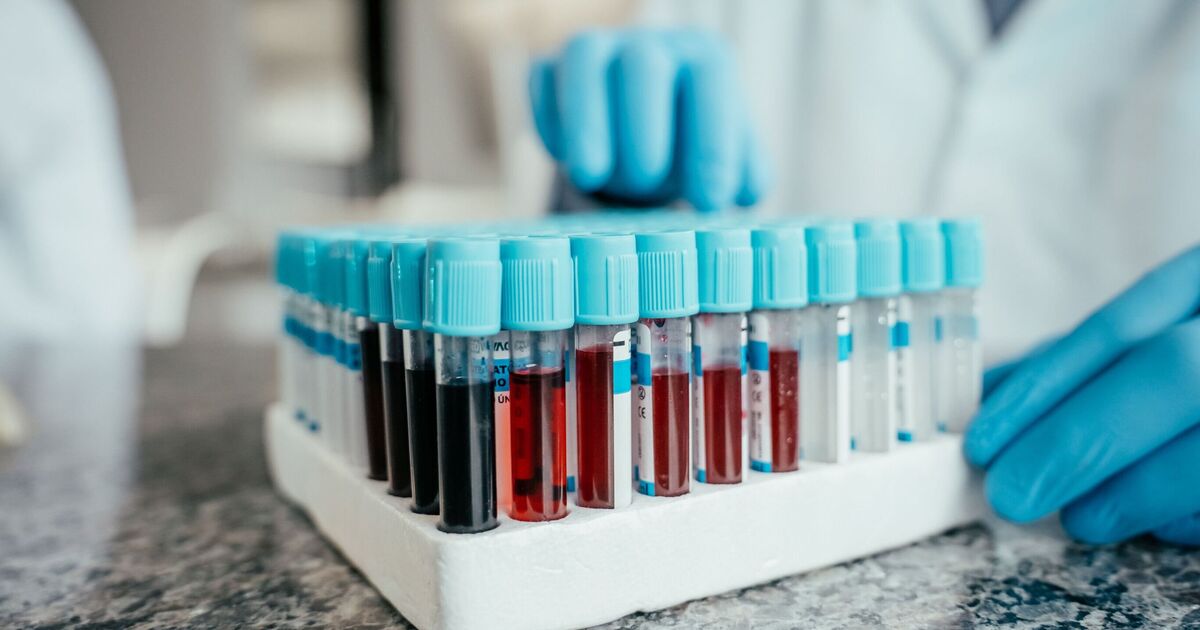Why am I always tired? Why do I have heart palpatations? Why am I always short on breath? And what does this all mean? If you are asking youself these questions, then one GP has said it’s time to make an appointment with your doctor as if you ignore it, it could lead to further health issues down the line.
According to the GP, there are three signs that you might be suffering from low iron and it’s better to be safe than sorry as she urges people to not ignore them. Taking to TikTok, Dr Raj Arora aka @drrajarora said that the first sign is feeling more tired. She explains: “You might be feeling more tired or lacking energy. This is a really common side effect of having low iron”.
“Number two is shortness of breath”, she says adding: “Iron is a huge component in your red blood cells which carry oxygen around the body so if you have a low iron level, you may also be suffering from shortness of breath”.
A lack of iron can lead to iron deficiency anaemia, warns the NHS. They further caution: “Women who lose a lot of blood during their monthly period (heavy periods) are at higher risk of iron deficiency anaemia and may need to take iron supplements.”
In the third sign, she says that people may experience heart issues – some of which could stop you in your tracks if they’re strong enough. She explains: “Number three is heart palpitations. These are what we call noticeable heartbeats.
“You might feel a little flutter in the chest or you have an extra heartbeat or that your heart is not quite beating as you would expect it to. If you have this as a sign, you must speak to your doctor”, she warns.
The NHS further sent a cautionary message stating that when it comes to this symptom, you should see a GP if:
- they keep coming back or they’re getting worse
- they last longer than a few minutes
- you have a heart condition
- you have a history of heart problems in your family
However you must go to A&E or call 999 if you have heart palpitations and:
- chest pain
- shortness of breath
- feeling faint or fainting
How much iron do I need?
The amount of iron you need depends on your age and gender, The NHS recommends:
- 8.7mg a day for men aged 19 and over
- 14.8mg a day for women aged 19 to 49
- 8.7mg a day for women aged 50 and over
“Women having periods after the age of 50 may need the same amount of iron as women aged 19 to 49”, they add.
What food is iron in?
Good sources of iron include:
- liver (the NHS warns avoid this during pregnancy)
- red meat
- beans, such as red kidney beans, edamame beans and chickpeas
- nuts
- dried fruit – such as dried apricots
- fortified breakfast cereals
- soy bean flour










